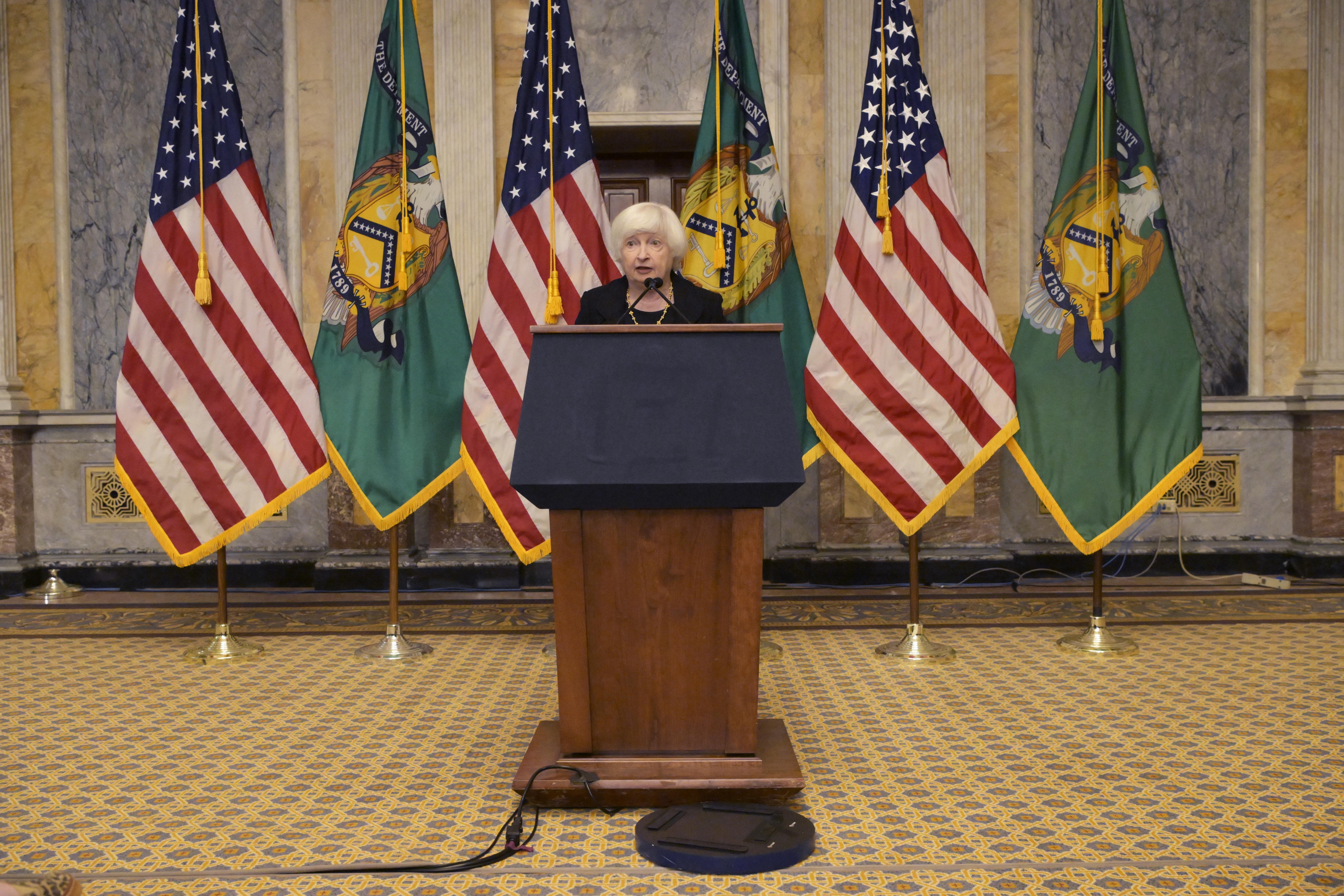The International Monetary Fund and World Bank released their much-watched World Economic Outlook on Tuesday, projecting that the world economy will grow by 3.2% in 2025 as inflation cools to an average of 4.3%.
It provides a fairly rosy picture, and these two key institutions in emerging economic development are urging the governments they work with to seize the moment by loosening up interest rates and cutting down on debts and deficits. In other words: Inject more money into economies and use the resulting growth to balance national checkbooks.
That picture is based on some YUGE assumptions, though – first and foremost being policy continuity in the US. “Over coffee and in the halls of the Annual Meetings, everyone is talking about one thing,” says Eurasia Group’s Rob Kahn. “Trump.”
The World Economic Outlook hints at the problem, noting that “upgrades to the forecast for the United States [are] offsetting downgrades to those for other advanced economies” like China and the EU. If Trump carries out the major overhauls to US trade, industrial, and fiscal policy that he is promising, the assumptions that undergird global growth projections collapse, and the picture grows much darker, particularly for key middle-income economies.
“Trump’s policies would be inflationary, which creates headwinds for growth in the developing world,” Kahn explains. Countries like Brazil, Mexico, and South Africa — brimming with potential — could find themselves unable to effectively manage monetary policy and see their economies lose steam.
Representatives from vulnerable economies seem to know the risks they run in saying anything at the moment. In response to a question from GZERO about the risks of a Trump presidency for developing economies, Filipino Secretary of Finance Ralph Recto said Manila felt confident in its alliance with Washington and expected it could avoid the worst consequences through that strong relationship. Argentine Undersecretary for International Economic Affairs Candelaria Alvarez Moroni echoed Recto’s argument about political cover, while Nigerian Finance Minister Wale Edun said his country was a “bystander” to the US election.
We’ll see how their tunes might change at the Spring Meetings in Bangkok, four months into the new US administration.
